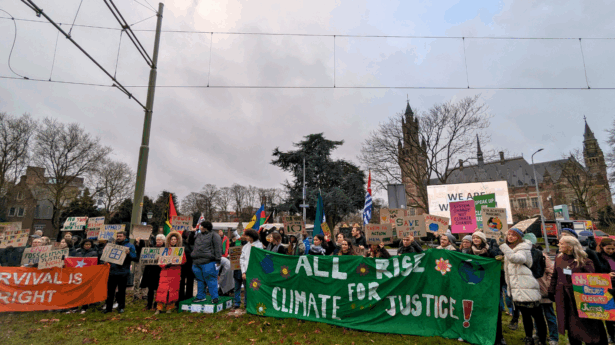The Unitarian Universalist Service Committee advances human rights through grassroots collaborations.
Fair Minimum Wage Act Will Boost Economy

March 7, 2014
According to the U.S. Bureau of Economic Analysis, consumer spending is around 70 percent of U.S. economic activity. That means when we put more money in the hands of low-wage workers — like the Miller-Harkin Fair Minimum Wage Act would do — we are putting more money back into the economy. In addition to raising hundreds of thousands of people out of poverty, raising the minimum wage can stimulate the economy and put the Great Recession further behind us.
The Fair Minimum Wage Act (FMWA) would do the following:
- Raise the minimum wage to $10.10 by 2015
- Index the minimum wage to inflation to account for rising costs of living
- Raise the tipped minimum wage to 70 percent of the regular minimum wage
In response to the recent report from the Congressional Budget Office, the New York Times Editorial Board wrote of the proposed increase, “That would add $31 billion to the paychecks of families ranging from poverty level to the middle class, significantly increasing their spending power and raising the nation’s economic output and overall income.”
And it’s not just the New York Times that thinks that — hundreds of economists agree. From a statement released by the Economic Policy Institute (EPI) and signed by 600 economists: “Research suggests that a minimum-wage increase could have a small stimulative effect on the economy as low-wage workers spend their additional earnings, raising demand and job growth, and providing some help on the jobs front.” How many jobs? According to an EPI report, a minimum wage raise would lead to 140,000 net new jobs.
This, of course, is not the picture conservative politicians are painting. They make it seem like raising the minimum wage would mean doomsday for the economy. I am sure that corporate CEOs — whose outsized paychecks obscenely dwarf a minimum wage worker’s salary — appreciate those politicians protecting their corporate profits at the expense of workers living in poverty.
The truth is that minimum wage workers are going to put their additional income directly back into the economy. They won’t be forced as often to make impossible decisions like whether to pay the electric bill or the water bill instead. Which is good for workers and good for the economy. So let’s get the FMWA passed!

